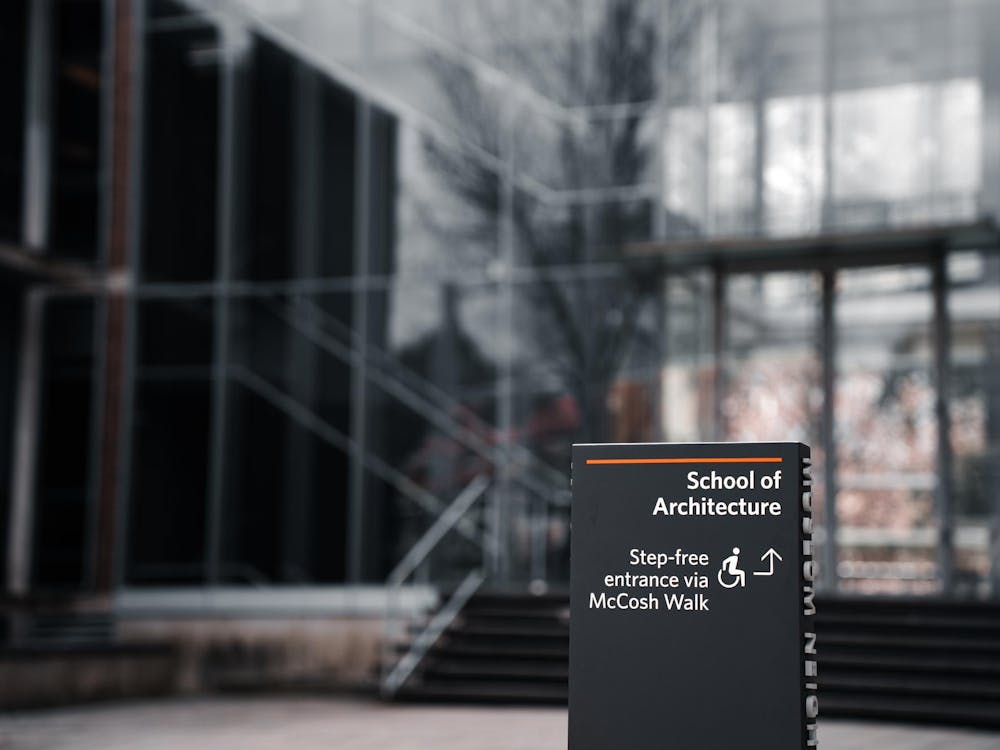The area south of Dillon Gym remains the most likely location for the sixth residential college, according to University Vice President and chair of the sixth college location committee Richard Spies GS '72.
"We're trying not to make a decision ourselves," Spies said. "But if there were a pool set up, then I would probably bet on the Dillon-tennis court setup."
The committee is soliciting input from various members of the University community, focusing their discussions on the sites near McCarter Theatre and north of Forbes College. Many students have also expressed concern with these proposed locations on the western edges of campus.
"We've been discussing whether the western sites are feasible with the community and what it would take to make them feasible," Spies said. "It's probably better to be near the center of campus — especially with the four-year college models."
Members of the Sixth College Program Committee have also been gathering input independent of the work of the college location committee. The program committee has maintained a busy schedule of meetings with members of the University community, since the release of their interim report last week.
The recommendation for four-year residential colleges and its potential impact on the eating club system on Prospect Avenue has not dominated the evaluation process, though it is expected to be a large part of student discussions, said program committee chair and University Vice President and Secretary Thomas Wright '62.
The numbers for this year's sign-ins week — during which two clubs were left less than half full with sophomore members — illustrates the tight pool of sophomore students who want to join eating clubs.
"Every year there tends to be one or two clubs that doesn't fill," Wright said. "But in fact, there are about the right number of students to fill all of the clubs. They just don't divide that way."

The committee has received primarily positive input during the past week regarding both the proposed four-year nature of the college and its impact on campus, Wright said.
"I'd say [we have received] about 20 individual communications — mostly very supportive," Wright said. "In addition, I and members of the committee have met with six different groups."
Wright said students will eventually see that the sixth college plan will have no negative influence on the eating clubs.
"We are working with models in which a maximum of [375] upperclass students will be in the college system — including MAAs and RAs," Wright said.

Given the increased enrollment expected from the Wythes plan, Wright said "there will be the same or more students available to join clubs."
Though no decisions have been made, the two committees are scheduled to make final recommendations to the University Board of Trustees during the April trustee meeting.







